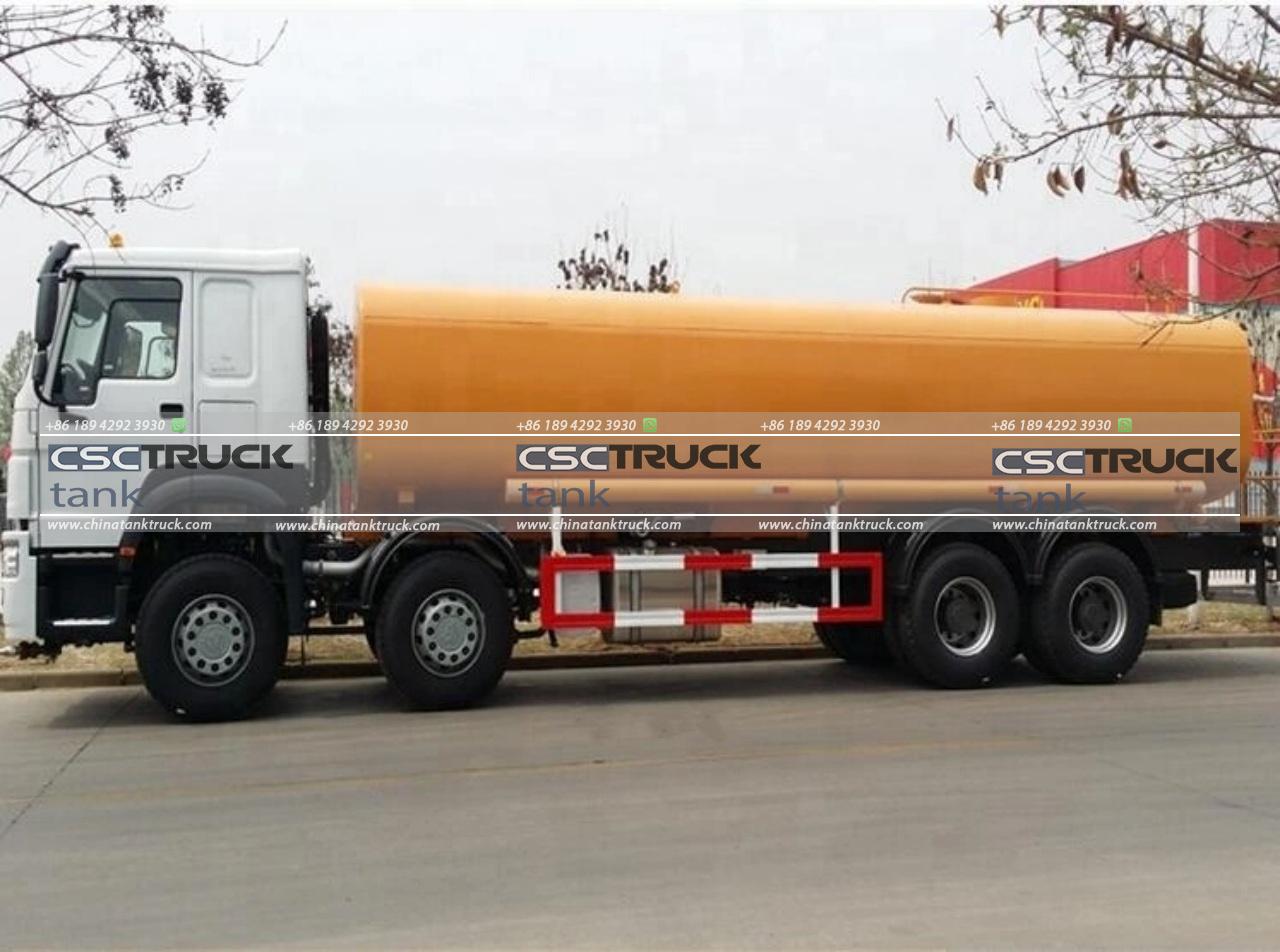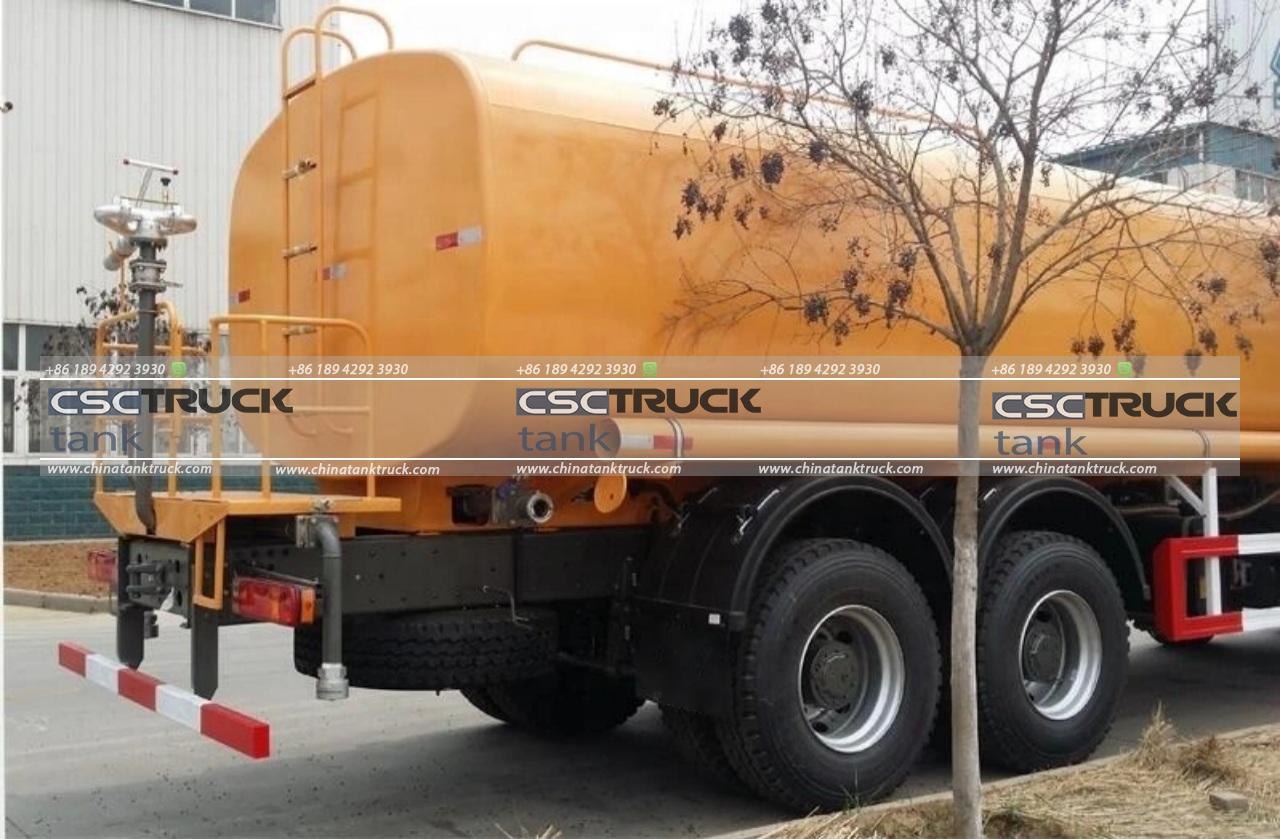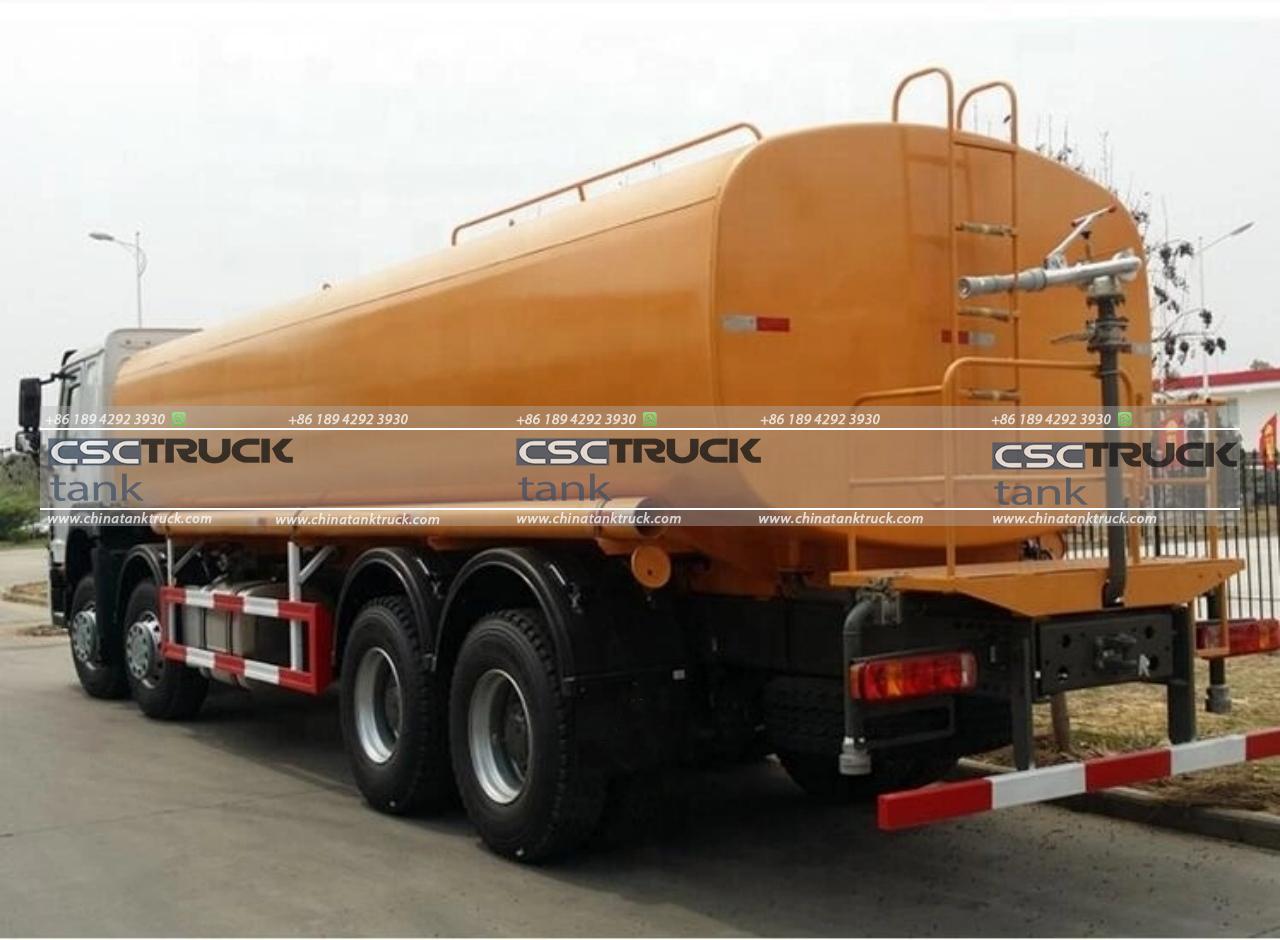What’s the Vehicle for Carrying Water?
Water is one of the most essential resources on the planet, and its transportation is crucial for various purposes, from supplying potable water in areas without access to fresh sources to aiding in agricultural irrigation and construction activities. To efficiently transport water, specialized vehicles known as water trucks or water tankers are employed. This article explores the different types of vehicles designed for carrying water, their construction, uses, and the vital role they play in multiple industries.
What is a Water Truck?
A water truck, often referred to as a water tanker, is a specialized vehicle equipped with a large tank designed to transport and distribute water. These vehicles are crucial in scenarios where water needs to be delivered to locations that lack direct access to a water source. The design and functionality of water trucks can vary depending on the intended use, but they generally consist of a truck chassis with a mounted tank, a pumping system, and a series of hoses or spray nozzles for water distribution.

Types of Water Trucks
Water trucks come in various configurations, each tailored to meet specific needs. The most common types include:
1. Potable Water Trucks: These trucks are designed to transport drinkable water to areas that lack access to clean water. They are commonly used in rural communities, disaster relief operations, and temporary settlements. The tanks of potable water trucks are typically made from food-grade materials to ensure the water remains safe for consumption during transportation.
2. Dust Control Water Trucks: Often used in construction and mining sites, these trucks are equipped with spray systems that help control dust by moistening the ground. Dust control water trucks prevent airborne particles from posing health hazards or affecting visibility.
3. Agricultural Water Trucks: These vehicles are used for irrigation purposes in agriculture. They can transport large volumes of water to remote fields where irrigation systems may not be available, helping to sustain crops during dry periods.
4. Firefighting Water Trucks: In areas without access to hydrants, firefighting water trucks provide a crucial water source. These trucks are equipped with high-pressure pumps and hoses to combat fires in remote or rural locations. They are also used as a backup water supply for firefighting operations in urban areas.
5. Construction Water Trucks: Used on construction sites, these trucks provide water for various purposes, including concrete mixing, dust control, and site compaction. Construction water trucks are often equipped with multiple spray nozzles and hoses to distribute water efficiently across large areas.
How Water Trucks Work
The basic functionality of a water truck revolves around its tank, which can vary in size from a few hundred gallons to several thousand gallons, depending on the truck’s capacity and purpose. The tanks are typically made from durable materials such as stainless steel, aluminum, or high-density polyethylene to withstand the rigors of transportation and ensure the water’s quality.
The water tank is mounted on a truck chassis, which provides mobility. A pumping system, usually powered by the truck’s engine or a separate motor, is installed to facilitate the loading and unloading of water. The water can be discharged through hoses, spray nozzles, or gravity-fed outlets, depending on the application.
In dust control and firefighting applications, the water truck is equipped with high-pressure pumps to spray water over a wide area or reach elevated targets. For potable water transportation, the trucks are fitted with special filters and sealing mechanisms to prevent contamination during transit.

Applications of Water Trucks
Water trucks play a critical role in a wide range of industries and scenarios:
1. Disaster Relief: In the aftermath of natural disasters such as earthquakes, hurricanes, or floods, access to clean water can be severely limited. Water trucks provide an essential service by delivering potable water to affected areas, ensuring that survivors have access to safe drinking water.
2. Agriculture: In regions prone to drought or where irrigation infrastructure is lacking, water trucks are indispensable. They enable farmers to irrigate their crops, ensuring food security and the continuation of agricultural activities despite adverse weather conditions.
3. Construction: On construction sites, water is needed for various tasks, including dust suppression, soil compaction, and concrete mixing. Water trucks ensure a steady supply of water, which is crucial for maintaining safety standards and the quality of construction work.
4. Mining: In mining operations, dust control is a significant concern. Water trucks are used to spray water over mining roads and excavation sites to minimize dust, which can pose health risks to workers and reduce visibility, leading to accidents.
5. Firefighting: In rural or remote areas where fire hydrants are not available, water trucks are an essential component of firefighting efforts. They provide a mobile water supply, allowing firefighters to combat wildfires or structural fires effectively.
6. Public Works: Municipalities often use water trucks for various public works projects, including road cleaning, landscape irrigation, and sewer system maintenance. These trucks help maintain the cleanliness and functionality of public spaces.
Key Features of Water Trucks
Water trucks are designed with specific features to optimize their performance in different applications:
1. Tank Capacity: The size of the tank can vary significantly, with smaller trucks carrying around 1,000 gallons and larger ones capable of transporting up to 10,000 gallons or more. The choice of tank size depends on the intended use and the availability of refilling stations.
2. Pump System: The pump is a critical component of a water truck, enabling the efficient loading and unloading of water. High-pressure pumps are essential for applications like firefighting and dust control, where water needs to be sprayed over large areas or long distances.
3. Spray Nozzles: Water trucks are equipped with various spray nozzles to suit different applications. For dust control, wide spray nozzles are used to cover large areas, while firefighting trucks may have directional nozzles to target specific areas.
4. Material of Construction: The tank material is chosen based on the type of water being transported. Food-grade materials are used for potable water trucks, while more durable metals or plastics are selected for industrial or construction applications.
5. Mobility and Maneuverability: Water trucks are designed to operate in various terrains, from urban streets to rough construction sites. The truck’s chassis and suspension system are built to handle the weight of a full tank while navigating uneven surfaces.

Conclusion
Water trucks are indispensable vehicles in various sectors, from ensuring access to clean drinking water in disaster-stricken areas to supporting agriculture, construction, and firefighting operations. Their versatility, combined with the ability to transport large volumes of water efficiently, makes them an essential tool in managing one of the world’s most precious resources. Whether in urban settings or remote locations, water trucks play a crucial role in sustaining communities, industries, and ecosystems.

